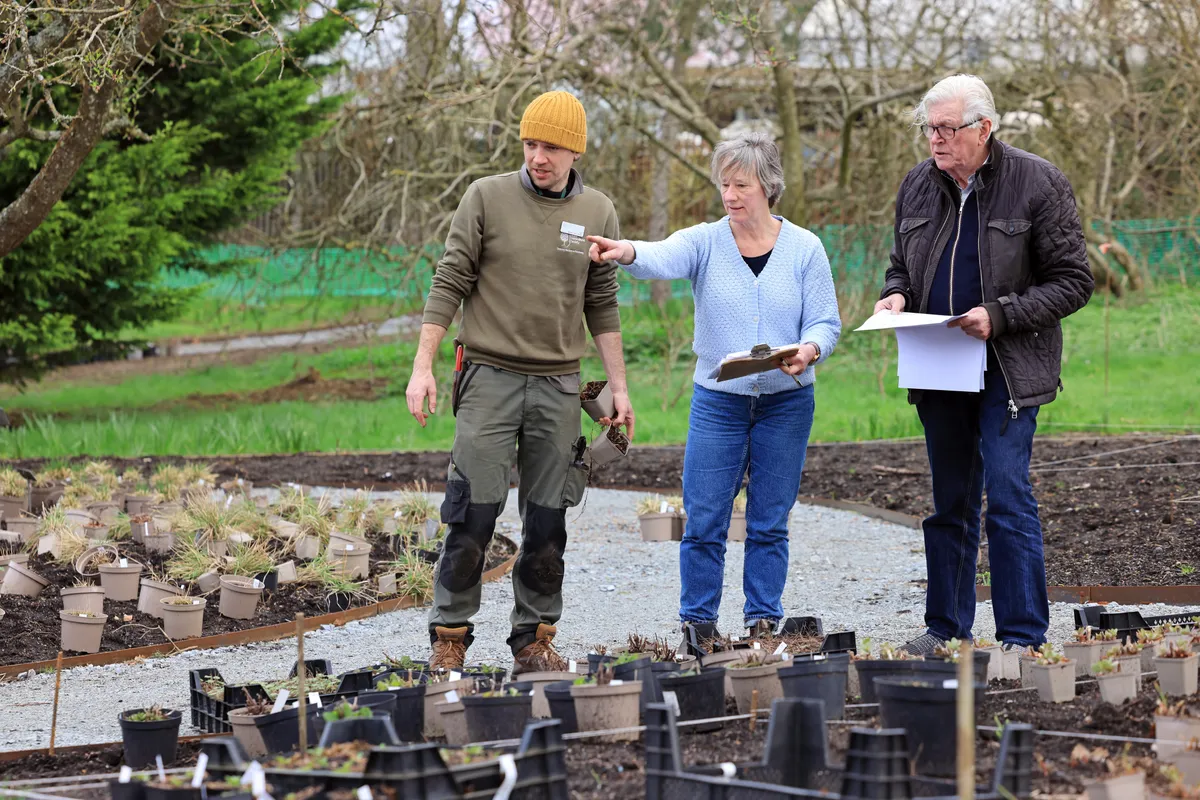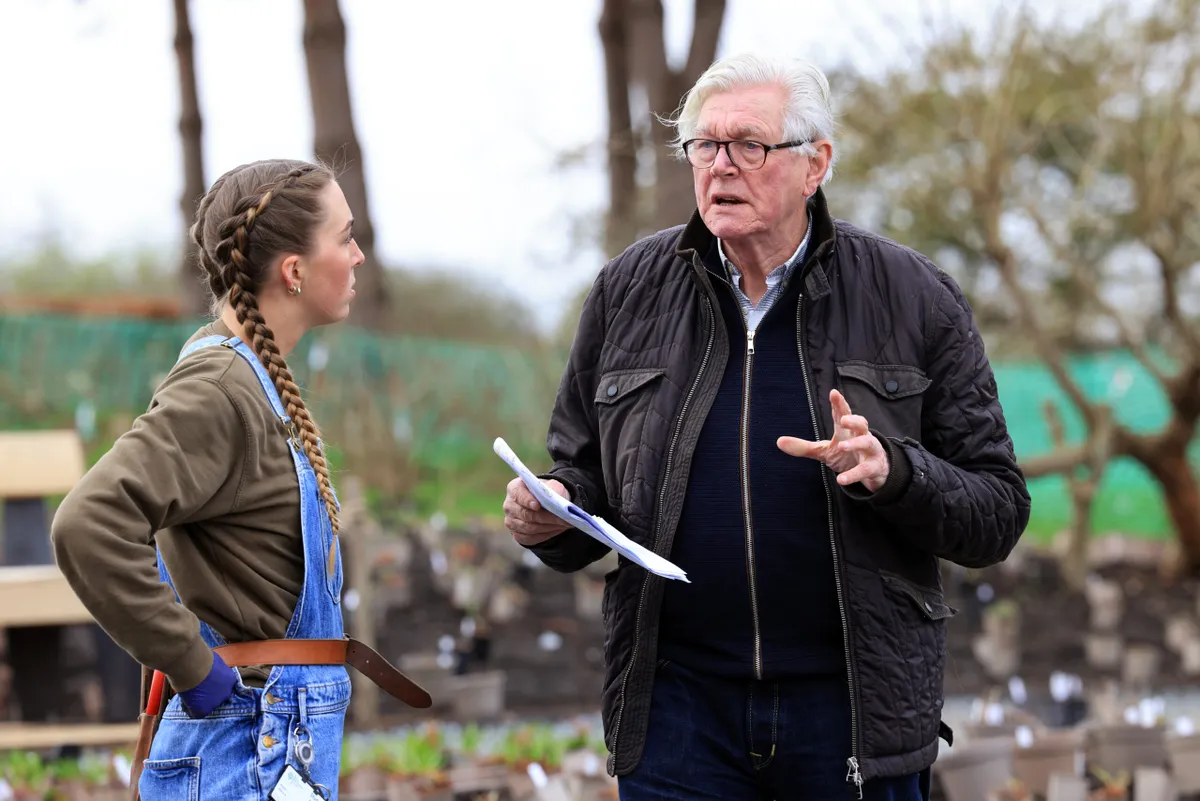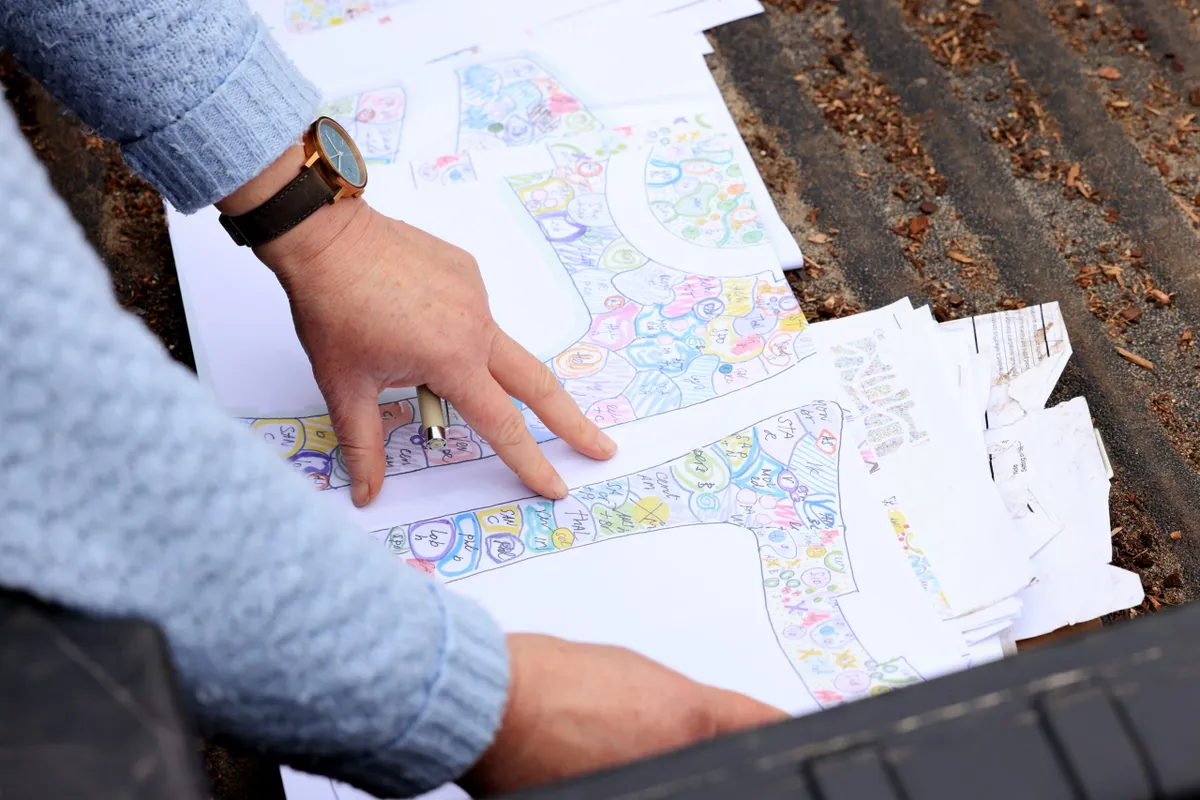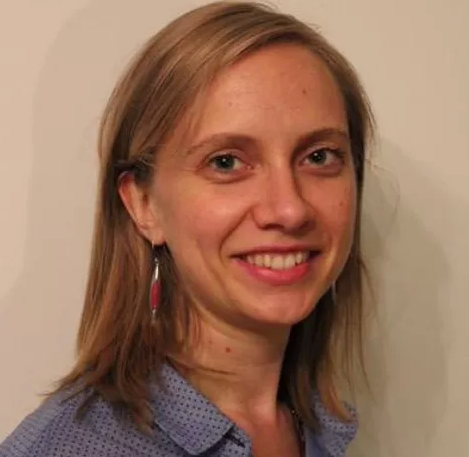Legendary Dutch garden designer Piet Oudolf made a site visit to RHS Garden Wisley last week to help plans for the remarkable renovation of the Glasshouse Borders.
Piet designed the two acres-worth of borders in 2000 as two parallel borders in his New Perennial style. The newly designed plan will renovate the area so it is a more immersive garden experience.
You may also like
- Piet Oudolf: A life in plants
- 24 key plants from Piet Oudolf's field at Hauser and Wirth
- Listen to Piet Oudolf on the Talking Gardens podcast
- Discover the Dutch master Piet Oudolf
Piet told Gardens Illustrated of the plans: "I felt it was time to work again on the borders, which were a little bit tired."
"The [new design] will be something people won't have seen much before. It's design and planting people don't normally do in their gardens - it's more natural and spontaneous. There will be plants people won't have seen before. The plan is a mix of different planting ideas - some traditional alongside non-traditional."

It will be one of the largest and most significant examples of the designer's work in the UK, with over 160 different perennials, compared with the current number of 50.
Piet continued: "The border will be a world in itself. You don't go straight from top to bottom, you walk the main part, which is meandering, and then if you like it you can sit in the side parts on a chair and relax. Most gardens that are right have a calming effect, they slow you down and you want to be in it. I think that's what we are trying to achieve."

There are around 36,000 plants needed to fill the new landscape, a third of which are being grown in-house by RHS Wisley's propagation team. The plants have been chosen for their ornamental appeal, resilience to changing climate and benefits to wildlife.

Piet added: “I was waiting for the moment to recreate these borders. So much has changed in how we want to see and experience gardens since the first design was made. Nature, declining diversity of insects and plant species are big issues. My work has developed and fits more in the time we live in."
Discover Piet Oudolf's planting at the Hauser and Wirth Oudolf Field





